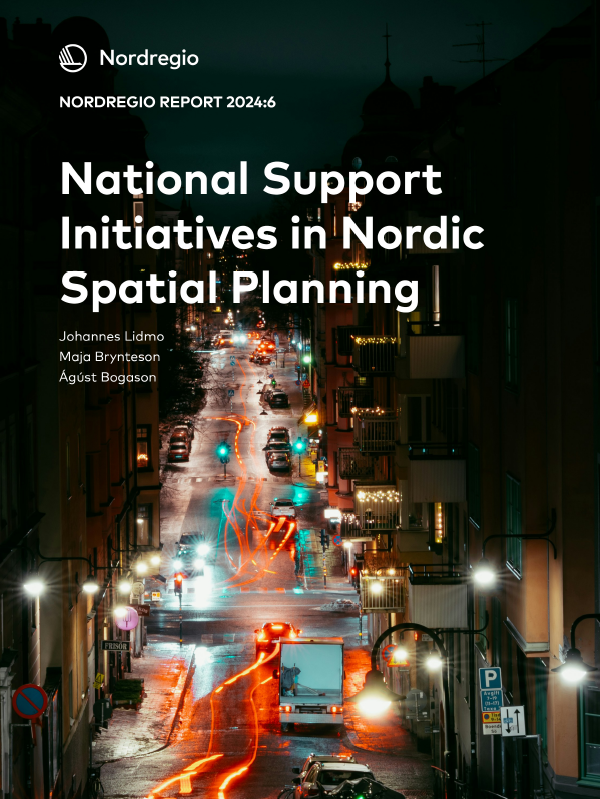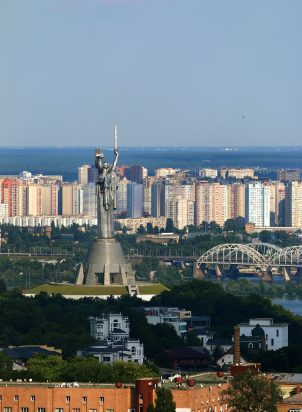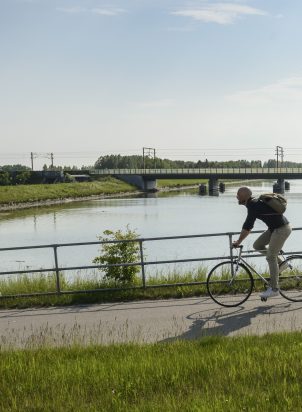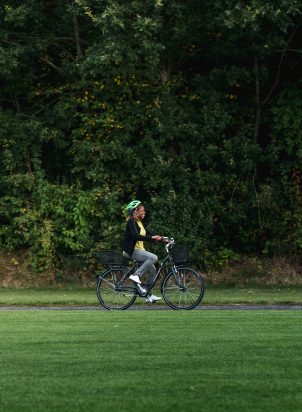The Nordic countries share many cross-sectoral targets at the national level to meet ambitious environmental, social, sustainable and innovative development goals and standards. When it comes to spatial planning, central governments in the Nordic countries often have limited power to influence local-level priorities, particularly with respect to regulating land use and adopting a range of policies that impact sustainable urban development.
In parallel, various new planning approaches, as well as a range of nationwide support mechanisms (from nationwide private stakeholders to the central government), have emerged in the Nordic countries, often with the aim of supporting and steering municipalities’ efforts to achieve sustainable urban development. The national support initiatives in the Nordic countries range from comprehensive and cross-cutting schemes to targeted and focused ones. They encompass a wide array of measures, from tangible funding mechanisms for hard infrastructure to knowledge networking exchanges and practical tools or “urban labs” for experimentation.
This report aims to better understand such initiatives and how they are connected to spatial planning efforts in Nordic municipalities by examining one national support initiative in each Nordic country, illustrated with learnings from municipal case studies. We examine FutureBuilt in Norway, the Partnership for Vibrant City Centres in Denmark, the Borgarlína project in Iceland, the Sustainable City programme in Finland and Visions: in the North in Sweden.








